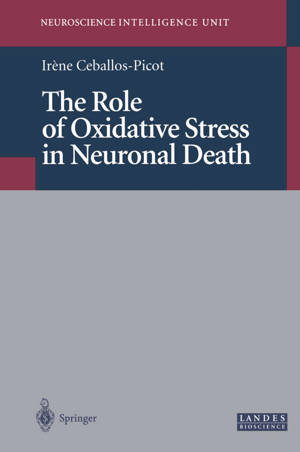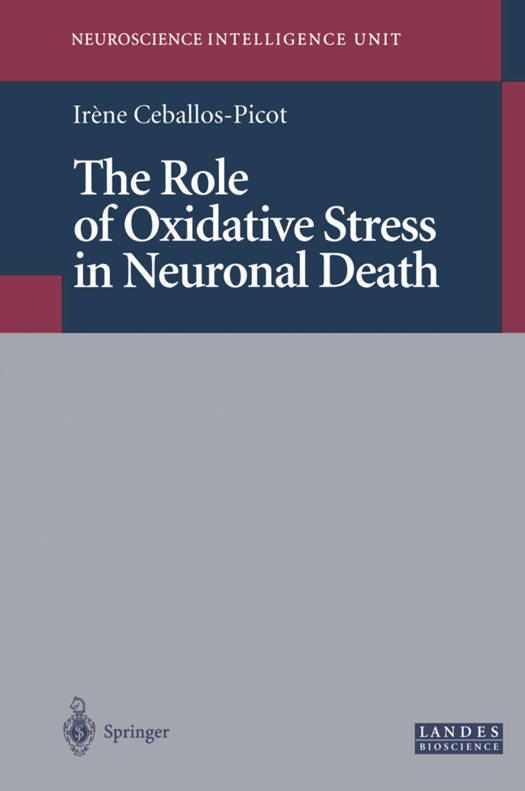
- Afhalen na 1 uur in een winkel met voorraad
- Gratis thuislevering in België vanaf € 30
- Ruim aanbod met 7 miljoen producten
- Afhalen na 1 uur in een winkel met voorraad
- Gratis thuislevering in België vanaf € 30
- Ruim aanbod met 7 miljoen producten
Zoeken
Omschrijving
xidative stress refers to the cytotoxic consequences of reactive oxy- O gen species (ROS) which are generated as by-products of normal or aberrant metabolic processes that utilize molecular oxygen, or changes in protection systems. Thus, generation of ROS is a part of normal life and their interaction with host defense systems appears to exert a sig- nificant influence on the normal and abnormal functioning of the cen- tral nervous system. Oxidative stress could also be a secondary conse- quence of defects in energy metabolism involving mitochondria. A subbtle shift toward the prooxidant status that occurs in brain aging could contribute to the pathogenesis and neuropathology of neurodegenerative disorders exemplified by Alzheimer's disease, Parkinson's disease and amyotrophic lateral sclerosis. The attractive fea- ture of the oxidative stress hypothesis is that it can account for cumula- tive damage associated with the delayed onset and the progressive na- ture of these conditions. Oxidative damage may constitute a common pathogenic link between these seemingly diverse neurodegenerative dis- orders. This book examines current knowledge and recent advances of fundamental processes involved in neuronal death, particularly oxida- tive stress as a causal, or at least an ancillary, factor in neuronal death. This book also presents an up-to-date account of the current state of knowledge about of oxidative stress in neuronal apoptosis and its role in the neuropathogenesis of age-related neurodegenerative diseases.
Specificaties
Betrokkenen
- Auteur(s):
- Uitgeverij:
Inhoud
- Aantal bladzijden:
- 203
- Taal:
- Engels
- Reeks:
Eigenschappen
- Productcode (EAN):
- 9783662225189
- Verschijningsdatum:
- 3/10/2013
- Uitvoering:
- Paperback
- Formaat:
- Trade paperback (VS)
- Afmetingen:
- 152 mm x 229 mm
- Gewicht:
- 294 g

Alleen bij Standaard Boekhandel
+ 210 punten op je klantenkaart van Standaard Boekhandel
Beoordelingen
We publiceren alleen reviews die voldoen aan de voorwaarden voor reviews. Bekijk onze voorwaarden voor reviews.











